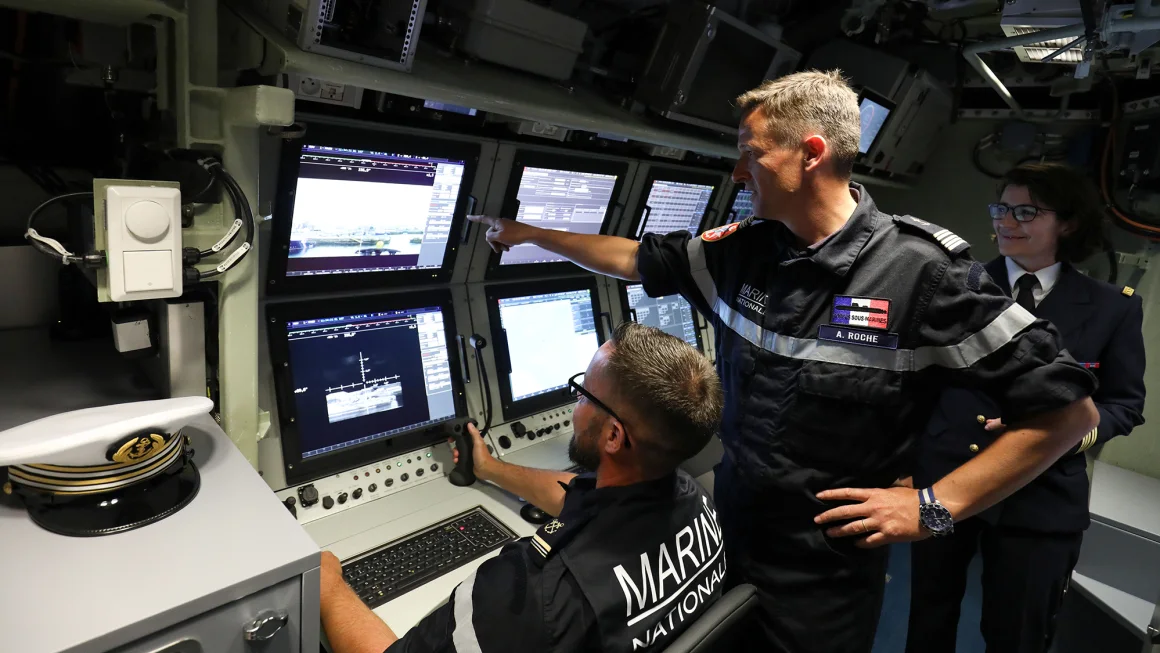Here’s a rewritten version of your content while maintaining the original meaning:
The era of unwavering American dedication to Europe’s defense against Russia is fading.
In its place—at least under Donald Trump’s leadership—is a more transactional approach, with stakes higher than ever.
During a February address in Munich, U.S. Vice President JD Vance urged Europe to take significant steps toward its own defense.
In response, European nations have committed to increasing defense spending, both domestically and for Ukraine, with a focus on acquiring European-made weaponry. However, a more ambitious idea has also surfaced: the concept of a European “nuclear umbrella.”
While the U.S. has long been Europe’s primary security provider, both France and the United Kingdom possess nuclear capabilities. Some European leaders are now considering whether deterrence against Moscow could come from within the continent itself.
Although the majority of the world’s nuclear stockpile belongs to the U.S. or Russia, France maintains around 290 nuclear warheads, while the UK possesses 225 U.S.-designed Trident missiles.
Recent weeks have seen a surge of discussions among European leaders about strengthening collective defense under British or French nuclear protection, given concerns about Washington’s reliability.

Earlier this month, French President Emmanuel Macron proposed initiating a strategic debate on extending France’s nuclear deterrence to European allies. His remarks followed a call from Germany’s likely next Chancellor, Friedrich Merz, to engage in discussions with France and the UK about expanding their nuclear coverage.
Polish Prime Minister Donald Tusk acknowledged that such discussions were not new, stating that the topic had arisen multiple times and expressing support for the initiative.
Even traditionally nuclear-averse nations, such as Sweden and Denmark, have shown openness to France’s outreach toward European allies.
Since the late 1950s, when General Charles de Gaulle established France’s nuclear program to secure its role in global affairs, the country has maintained full sovereignty over its arsenal—what Macron described as a force “French from end to end.”
However, throughout the Cold War, France also attempted to extend its nuclear deterrence to European partners, historian Yannick Pincé of France’s Interdisciplinary Center for Strategic Studies (CIENS) explained.
The UK, for its part, has not publicly proposed changes to its nuclear commitments. However, its warheads remain integrated within NATO’s command structure, indirectly contributing to European defense.
Despite these developments, some leaders still seek stronger U.S. backing.
On Thursday, Polish President Andrzej Duda urged Trump to station U.S. nuclear weapons in Poland, drawing a parallel to Russia’s deployment of nuclear missiles in Belarus in 2023.
“I believe not only that the time has come, but that it would already be safer if these weapons were stationed here,” Duda stated in an interview with the Financial Times.




0 Comments